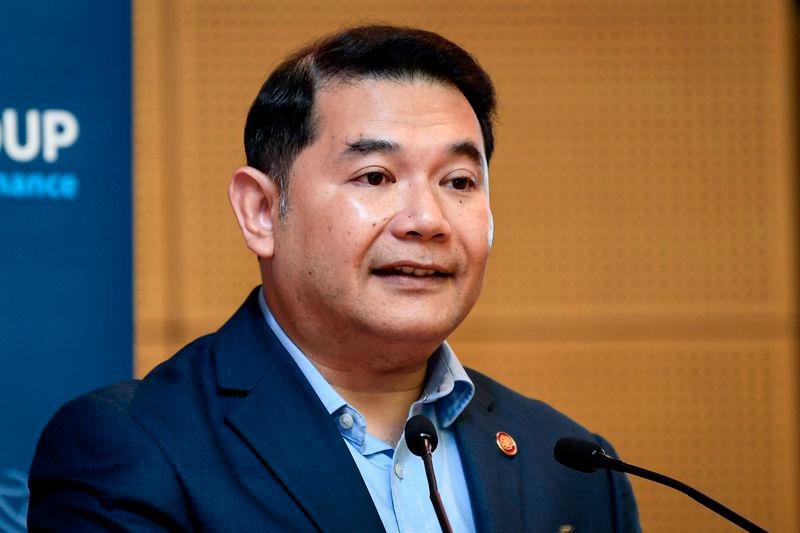PETALING JAYA: Malaysia’s income gap is wide compared to its regional peers and high-income nations, which is hindering the nation’s progress, says Economy Minister Rafizi Ramli.
Rafizi noted that the country’s Gini coefficient, which measures income equality, stood at 39, compared to 30 in high-income countries, as reported by Free Malaysia Today.
“This places us behind many, including our regional peers, and wealth inequality remains highly concentrated in the hands of a few,” Rafizi was quoted as saying.
He added that the government is addressing these issues by creating a “dynamic labour market” through strategies such as the National Energy Transition Roadmap and the Johor-Singapore special economic zone.
Despite Malaysians having access to better healthcare and education, Rafizi pointed out that income mobility remains low, with significant disparities between high- and low-income groups.
ALSO READ: Gender wage gap among graduates requires urgent attention - Nancy
“Half of those in the bottom 20% remain there, and nearly two-thirds of the richest 20% are likely to stay at the top,” he was quoted as saying.
He called for a comprehensive approach to address income inequality, which must be “measured horizontally” across sectors such as education, health, and employment, and “vertically”, as quoted, by assessing inequalities within ethnic groups.
Rafizi emphasized the need for early intervention to address opportunity gaps, which account for 65% of total income inequality. “Income inequality can be traced back to disparities in early life, from a mother’s pre-birth care to early childhood nutrition, and the quality of the schools attended.”
“We have also decided to directly intervene to correct the labour market structure through the progressive wage policy (PWP),” he added. “The Economy Ministry completed the PWP pilot programme last year, and 2025 will be the year for scaling it up,” he was also quoted as saying.









